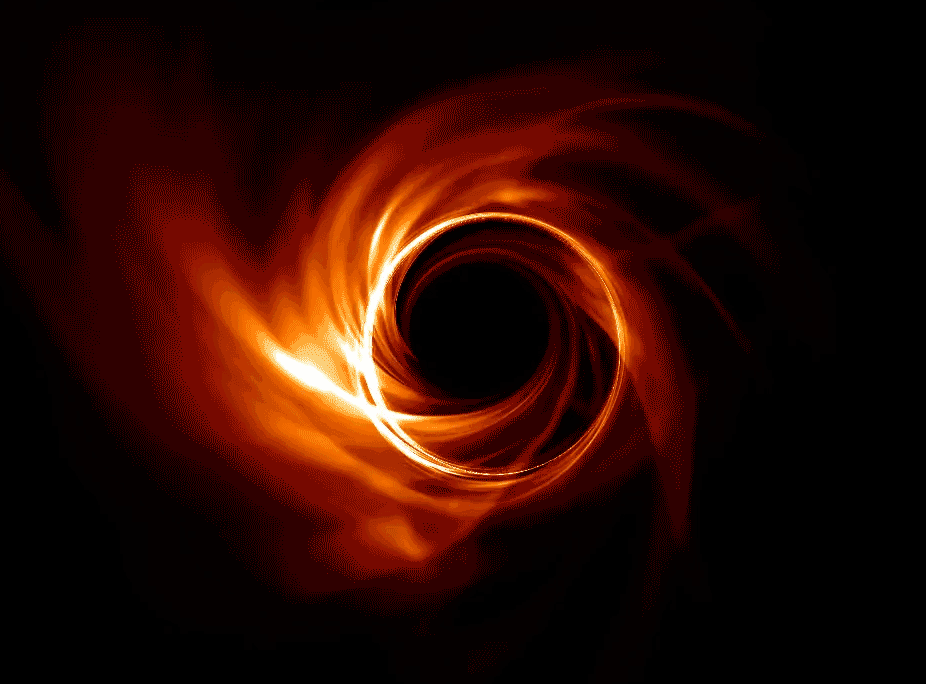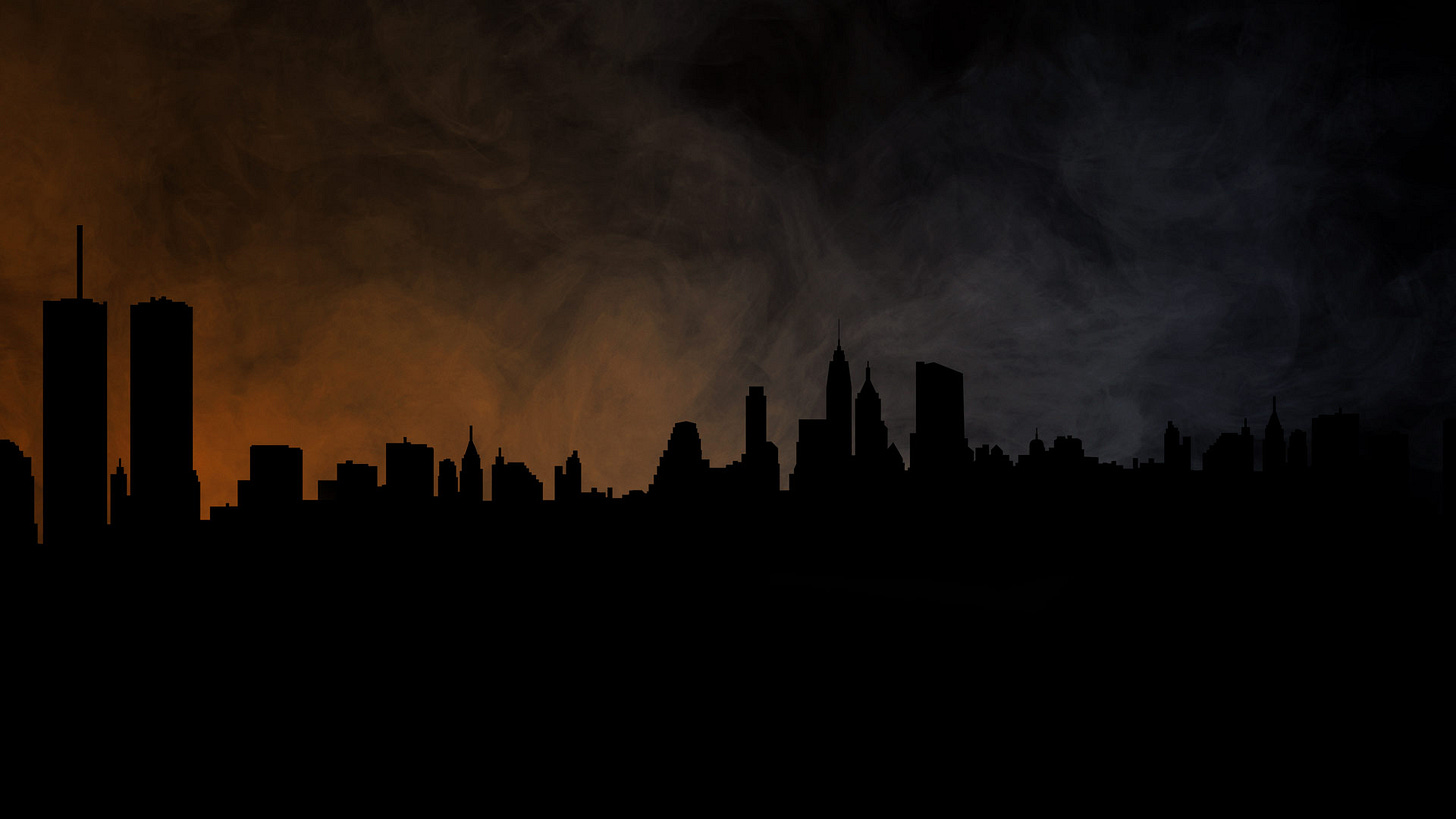
Whenever I think of Attorney General Pam Bondi’s office, which I’ve done quite a lot over recent days, I hear this sound. The furious whirring of a paper shredder.
Because if there ever was a Jeffrey Epstein client list sitting on her desk, as she claimed in February, I suspect by now it’s made its way to that great recycling bin in the sky.
Which means another record of history just went “Ciao-ciao!” POOF.
And that “Ciao-ciao” POOF-ing is happening a lot these days.
I’m not just talking about how US government agencies recently deleted more than 100,000 web pages of history and records — on topics from vaccine studies to climate change — in a purge that some regard as digital book burning.
I’m not just talking about the shakeups at the National Archives and the Library of Congress — the institutions that hold our past in documents, photos, and books — although those events are worrisome enough.
I’m also referring to the creeping, quieter erasures — like how “Get Pocket,” the cloud service where I’ve saved interesting articles for the past five years, is saying sayonara. I’m talking about how Skype — which I used as an archive for both numbers and chats — shut down in May.
I’m talking about how archive services — digital repositories like High Beam and Questia, online libraries offering a wealth of old articles and scholarly writings — have folded. Meanwhile, the Internet Archive — including Wayback Machine storing old articles and urls — keeps getting hit in cyberattacks, its 25 years of digital records hanging by a thread.
I’m talking about how digging up the “truth,” if there even is such a thing anymore, is increasingly difficult. Google searches and Facebook feeds are now skewed by algorithms, which reinforce what we already believe, and 38% of web pages that were live twelve years ago no longer exist; even on news sites, about one-fourth of links lead to “404 errors,” because the info is deleted and disappeared. Incredibly, half of links in Supreme Court decisions go nowhere.
Worse, now when you want to even do a Google search, an AI summary pops up to spare you the effort — but its info is often off-topic, unverified, or generally dubious.
Losing History, Losing Repositories, Losing Memory
So problem Number 1 in our Collective Memory Hole in the making is that we’re losing both our historical information and the places that hold it.
Problem Number 2 is what’s happening to our capacities for memory, or at least mine. As studies keep showing, comprehension and retention of information that is read digitally is significantly lower than reading hard copy. (One issue is skimming the copy and another is that unlike with hard copy, our brains grow befuddled trying to store info that is whizzing by on a screen.)
And besides, we’re drowning in information, which is Problem 3.
According to tech company Mindset anybody who’s plugged in online is trying to process 74 gigabytes of information every damn day — the equivalent of watching SIXTEEN MOVIES daily or 25 episodes of TV shows — thanks to the data beamed to us through our helpful electronic devices.
Mindset adds that a well-educated person in the 1500s might not have encountered that much info during their entire lifetime. “Our brain has not caught up with the ability to process that much information—let alone make sense of it,” notes podcaster and author Jay Shetty.
It is any wonder that many are suffering from “popcorn brain” and an inability to focus?
The Fracture Point
And it’s not just the volume. It’s the chaos of what we’re consuming. Our already overwhelmed brains, that are not processing digital information efficiently, are presented with several additional woes: A) Everything is so damn complicated — such as the bizarre finance subplots, involving billions, running through the already lurid Epstein case. B) Different media outlets paint entirely divergent realities, while C) Misinformation, AI bs, and deep-fakes are running amok, and D) We have polarizing leaders who are loved or loathed in equal parts, and whom we entirely believe or we entirely don’t.
I recall back in 7th grade, upon learning the definition of a fact — “something that most people agree on” — having a sense of foreboding that we would arrive at a moment like now, when few people can agree on much, except perhaps that the sky is blue and everything is getting more expensive.
But if you’re looking for historical backup for those facts?
Well, the link may well be broken. The data may be deleted.
And AI may be confidently hallucinating a new version of events in its place.
Interpretive Kaleidoscopes
It’s hard to discern what is real in a world where interpretation of facts is so fluid. Is the Epstein case, for example, a massive scandal tied to sex trafficking, money laundering, and perverse politicians, royals, and billionaires? Or—as Pam Bondi and FBI Director Kash Patel said last week—is there nothing more to see here?
I dunno.
But I do believe that we’re increasingly in treacherous territory, sinking into informational, reality-bending quicksand, untethered from reliable history, unable to agree on a present, and increasingly exhausted by mental overload.
Our slide into a “WTF” muck of entropy, contradiction, and cognitive dissonance — where nothing seems to work like it used to and little makes sense anymore — seems to only be speeding up.
However, I suspect that this descent is only temporary.
AI and data centers are guzzling energy and making mockeries of previous energy forecasts, and cybercurrency mining is likewise sucking up vast amounts of electricity — Bitcoin alone is already consuming as much annual energy as the entire country of Poland. Meanwhile, cloud storage systems are flimsy, while massive cyberattacks can disable whole platforms.
I can envision a time in the very near future when due to cyberattacks or overload, the electricity needed to power our digital landscape becomes sporadic, a near-future when the day-long blackout this spring in Spain will seem a preview, not a one-off, and when power shortages in the high-tech Western world stretch out for weeks and months at a time.
And if our digital world goes dark, our remaining facts and history go with it.
And maybe that’s not a bad thing: while electricity is what defines and fuels modern life, it’s also powering our plunge into collective insanity.
Until that reckoning comes, until power flickers and our screens darken, I find myself wanting fewer tabs open, fewer headlines screaming for my attention, and less time spent trying to ascertain what is true and what isn’t.
I want memory that sits still, a reality that doesn’t waver and scroll, history I can access and that I trust.
And more than anything, I want to shrug off this strange 21st century world and crawl into a very thick book.










This is an absolute STUNNING (and totally horrifying) report, Melissa .... right now, I've been trying to find whatever happened to all my iPhone calendar entries back to when I first GOT an iPhone (i got one the day after the first one was ever issued) at which point, like an IDIOT I stopped keeping any paper diary. Now, working on my memoirs, I am a total LOSS !
O M G !!!!
(& WHY do you only have like 250 subs???)
WOW. This brings the Kali Yuga into focus in a way I haven’t seen it before! Thank you 🙏